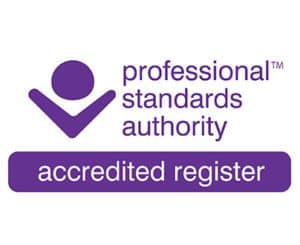Play Therapy UK (PTUK) is a professional organisation who holds the accredited register for Play and Creative Arts Therapies. PTUK is committed to promoting high standards of therapeutic support and care.
We encourage constructive feedback, and invite people, especially parents/carers/referrers and our registrants to tell us about their experiences.






